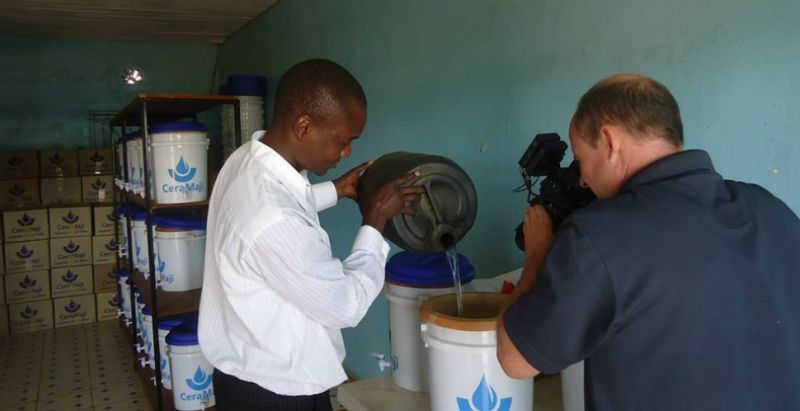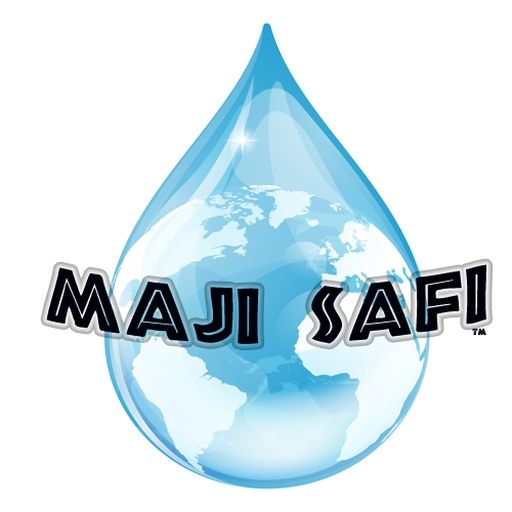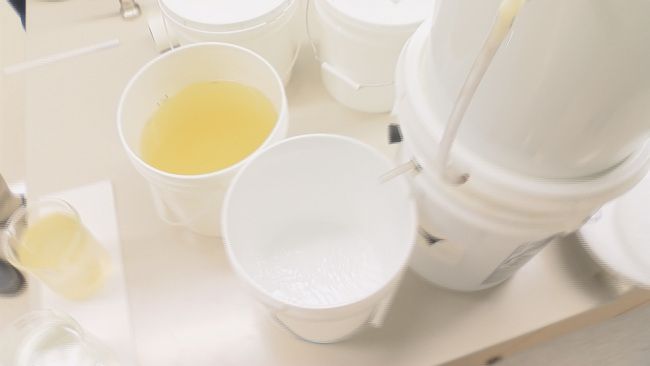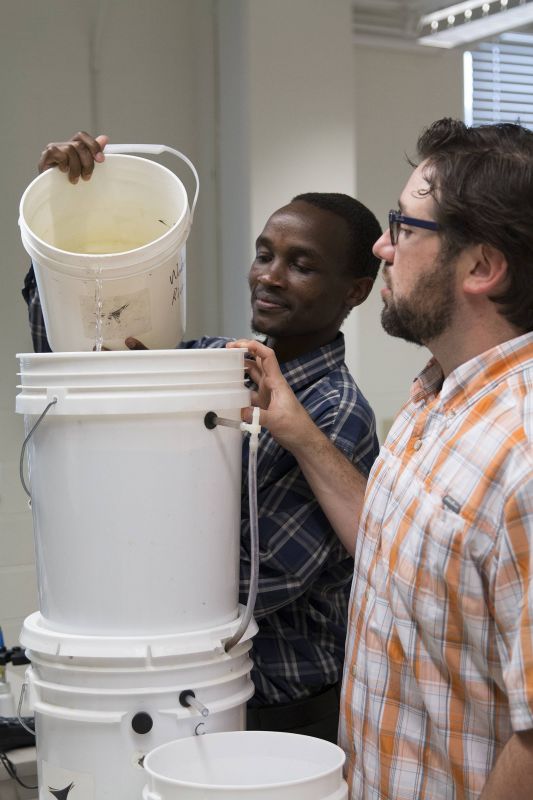Purdue Startup Strengthens Communities With Clean Water Filters
Published on by Water Network Research, Official research team of The Water Network in Technology
A Purdue-affiliated startup has developed a low-cost, low-maintenance slow sand water filter technology to provide clean and safe drinking water to schools and communities in developing countries.

It’s a commonly accepted notion that strong schools build strong communities. This is due, in part, to the way schools connect members of a community through information-sharing and social support.
For all these reasons, when a Kenya-based startup affiliated with Purdue University’s innovation hub Discovery Park wanted to provide clean drinking water to communities around the world, they chose schools as a place to provide both the water and education about the technology used to deliver it.
 John Maiyo is a PhD student at Purdue University and the CEO of Maji Safi – the name means “safe water” in Swahili.
John Maiyo is a PhD student at Purdue University and the CEO of Maji Safi – the name means “safe water” in Swahili.
True to its name, Maji Safi helps communities create clean, drinkable water through the use of ground wells, ceramic filters and slow sand filters in buckets – all developed by Purdue.
The filter utilizes both technology and natural scientific processes: Standard plastic buckets or drums are first filled with sand and water.
The unique Purdue technology used by Maji Safi is a slow sand filter that utilizes containers filled with sand and water. At the bottom of the container is a water collection plate, designed at Purdue.
The sand provides a large surface area on which microbial growth occurs that metabolizes the dissolved and particulate organic material in the water. The point-of-use slow sand filters are made from readily available five-gallon plastic pails or 55-gallon drums.
“Typical slow sand filters use gravel layers at the bottom of the filter as the water collection zone; however, our filters do not use gravel. Instead, we use a porous plastic plate enclosed within a mesh bag,” Jafvert said. “We’ve found this method to be much simpler to use and maintain. There is only the sand to sieve and rinse, instead of sand and different gravel sizes. It provides easier maintenance and makes for easier filter transportation and final assembly.”
Once water is treated by a filter, a small amount of chlorine is added to the water for final disinfection, producing clear, colorless, drinkable water.

Maiyo said that after 30 minutes of contact with the chlorine, the water is ready to drink. “People and children in schools come up to the filter systems with a cup to get a drink, and the schools are able to use the water in their kitchens or for cleaning,” he said.
“Because the filters are operated in ‘batch’ mode, water is generally added three times each day, providing for an eight-hour contact time between the water and microorganisms in the filter. Each 55-gallon drum filter can process 200 liters of water each day. With five filters installed at one school, this meets the needs of over 400 children and teachers at the school every day.”
Howarter said the filters are ideal for rural communities.
Maji Safi has built ten filters in schools in Kenya along with filters in Colombia, India and China with plans to install filters in 1000 schools around the world in the next five to ten years.
It’s an ambitious effort for a company that employs only four people (in addition to Maiyo, Maji Safi has people in sales, marketing and accounting roles). The company also maintains an ongoing relationship with Discovery Park and works with two Purdue professors in an advsory capacity: Chad Jafvert, a professor of civil engineering and environmental and ecological engineering and John Howarter, assistant professor of materials engineering and environmental and ecological engineering.
 As with any community-focused work, Maji Safi found success in matching its efforts with the needs of the people who live there. According to Maiyo, Jafvert and Howarter, Maji Safi ground wells can be expensive, sometimes as much as $4000 to build and maintain.
As with any community-focused work, Maji Safi found success in matching its efforts with the needs of the people who live there. According to Maiyo, Jafvert and Howarter, Maji Safi ground wells can be expensive, sometimes as much as $4000 to build and maintain.
But faucet-based filters could be built and distributed at a much lower cost with significantly less infrastructure concerns.
But Maiyo says the biggest problem his company faces is education.
“Our competition actually is not another filter,” he says. “It’s non-use. The biggest challenge really is not convincing people that this technology is better. It’s convincing them that they need to do something in the first place.
Most of the schools, most of the families we’re trying to get to use these filters don’t actually use anything. 50% of those who claim to boil don’t do that. That is where we come in.”
“The biggest challenge from a design or engineering perspective is the solution should be simple and affordable,” says Maiyo. “It doesn’t need people to make that much change from what they are already doing.”
The need for education and consistent monitoring – as well a desire to find a central gathering place for the community – led Maji Safi to focus on schools as a distribution point for the filters.
Media
Taxonomy
- Startups
- Treatment
- Water Access
- Water Treatment Solutions
- Access
- Water & Sanitation
- Water Sanitation & Hygiene (WASH)